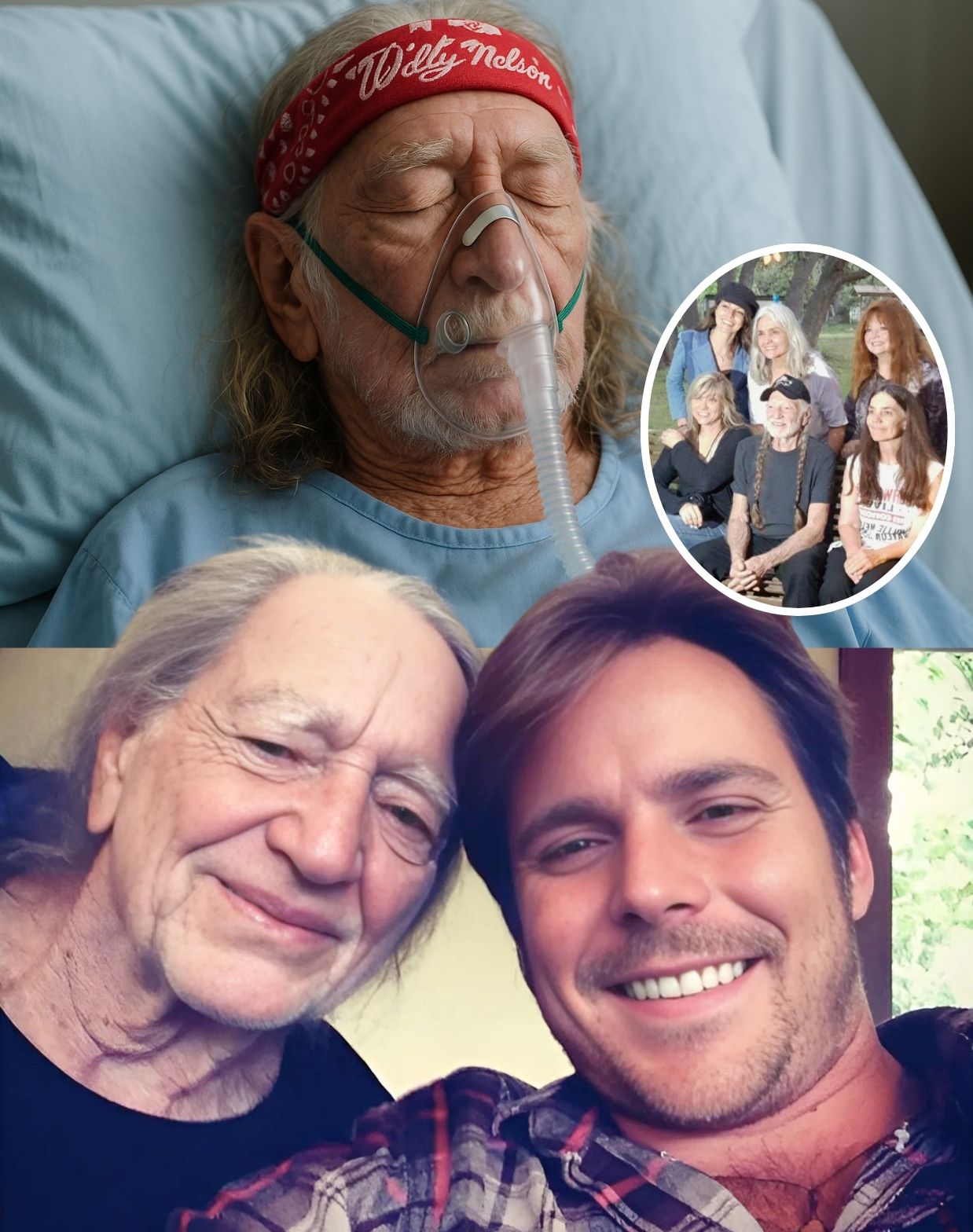Nostalgia and Noble Loneliness: Willie Nelson’s “My Heroes Have Always Been Cowboys”
When Willie Nelson sings “My Heroes Have Always Been Cowboys,” it’s more than just a song—it’s a meditation on myth, memory, and the quiet cost of independence. Released in 1980 as the lead single from the soundtrack to The Electric Horseman, the song became one of Nelson’s most iconic hits, even though it was originally written by Sharon Vaughn and first recorded by Waylon Jennings in 1976. Yet it’s Willie’s version, delivered in his unmistakable voice—half-sung, half-whispered—that cemented the song’s legacy in American music.
The title itself sets the tone: “My Heroes Have Always Been Cowboys” is both a tribute and a confession. It’s a song that reveres the cowboy figure—rugged, free, unbound by convention—but also peels back the romance to reveal the solitary reality behind the myth. Nelson doesn’t just glorify the cowboy spirit; he mourns it. His performance is one of quiet reverence, tinged with melancholy, as he reflects on the dreams of youth and the truths of adulthood.
Musically, the song is sparse and soulful. A gentle acoustic guitar leads the way, accompanied by subtle steel guitar and a soft rhythm section. Nelson’s phrasing—loose, behind the beat, as always—is perfectly suited to the reflective tone. He doesn’t rush the story. He lets each line unfold slowly, like a man riding across open land with no destination, just the horizon ahead.
The lyrics are deeply resonant:
“My heroes have always been cowboys / And they still are, it seems / Sadly in search of / And one step in back of / Themselves and their slow-movin’ dreams.”
This is not the brash cowboy of Saturday matinees. It’s the real cowboy—a man who pays a steep price for freedom, who often ends up alone. The song explores the emotional toll of a life lived on the margins, romanticized by many but endured by few.
Released at the dawn of the 1980s, a decade of growing urbanization and change in country music, the song struck a chord with listeners who felt a longing for the fading ideals of the American West. It topped the Billboard Hot Country Songs chart, further solidifying Willie Nelson’s status as both a hitmaker and a guardian of the outlaw country spirit.
What’s remarkable is how Nelson manages to keep the cowboy myth intact while also deconstructing it. His delivery never mocks or criticizes—he simply lays the truth out with the calm wisdom of someone who’s lived it. There’s a sense that Nelson sees himself in the cowboy figure: the long road, the solitude, the refusal to be tamed by the industry or the world.
Over the years, “My Heroes Have Always Been Cowboys” has become an anthem not just for those who love Western imagery, but for anyone who has ever chased a dream that didn’t quite turn out the way they imagined—and kept chasing anyway.
In the hands of Willie Nelson, the song is more than nostalgic. It’s philosophical. It reminds us that heroes aren’t perfect, freedom isn’t free, and even the most romantic ideals carry a shadow. And that’s what makes the song endure—it tells the truth, softly, in a voice that sounds like it’s been riding for miles.
